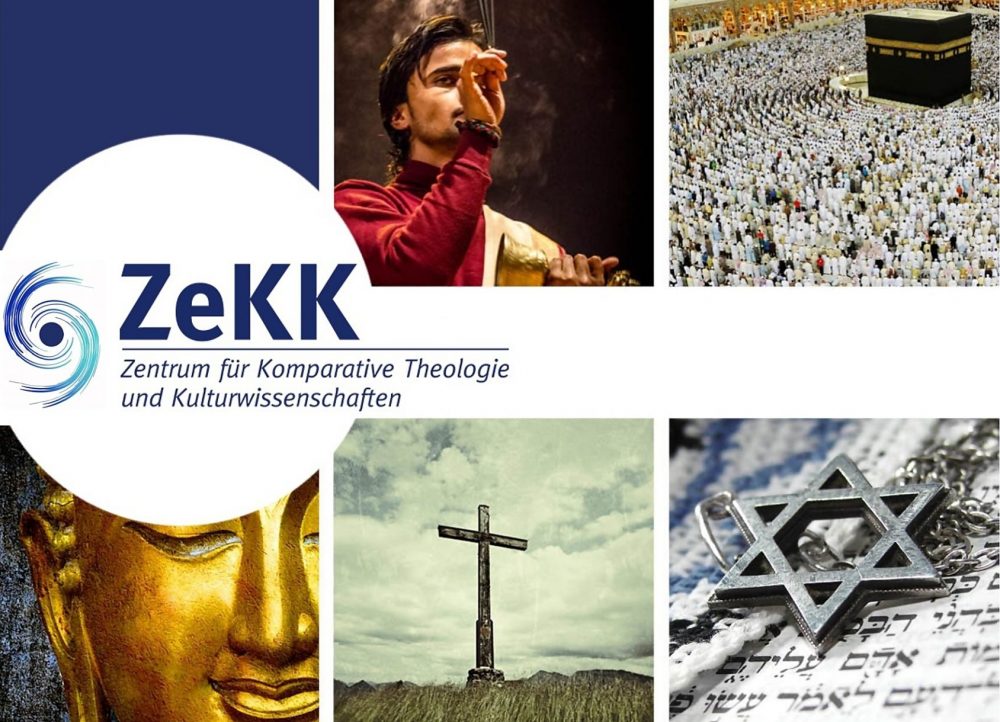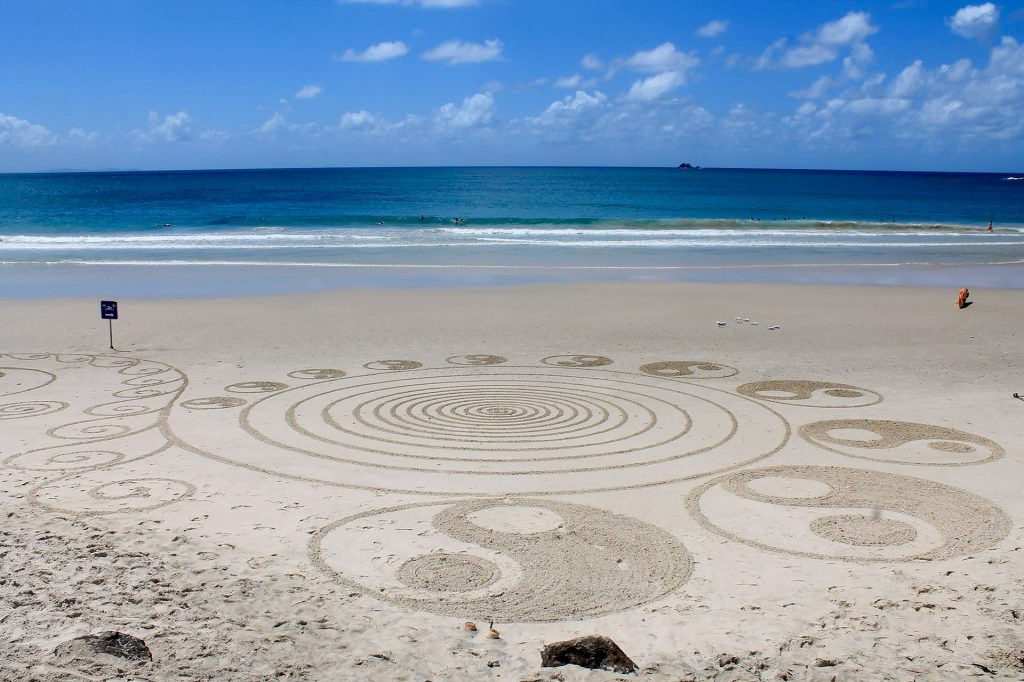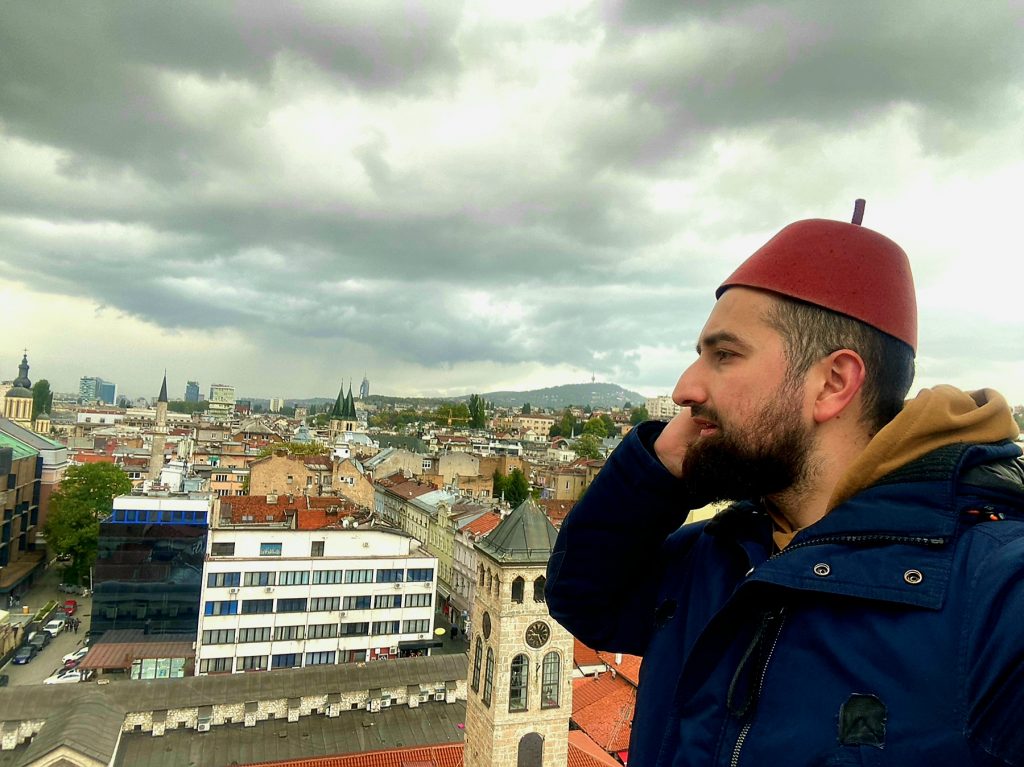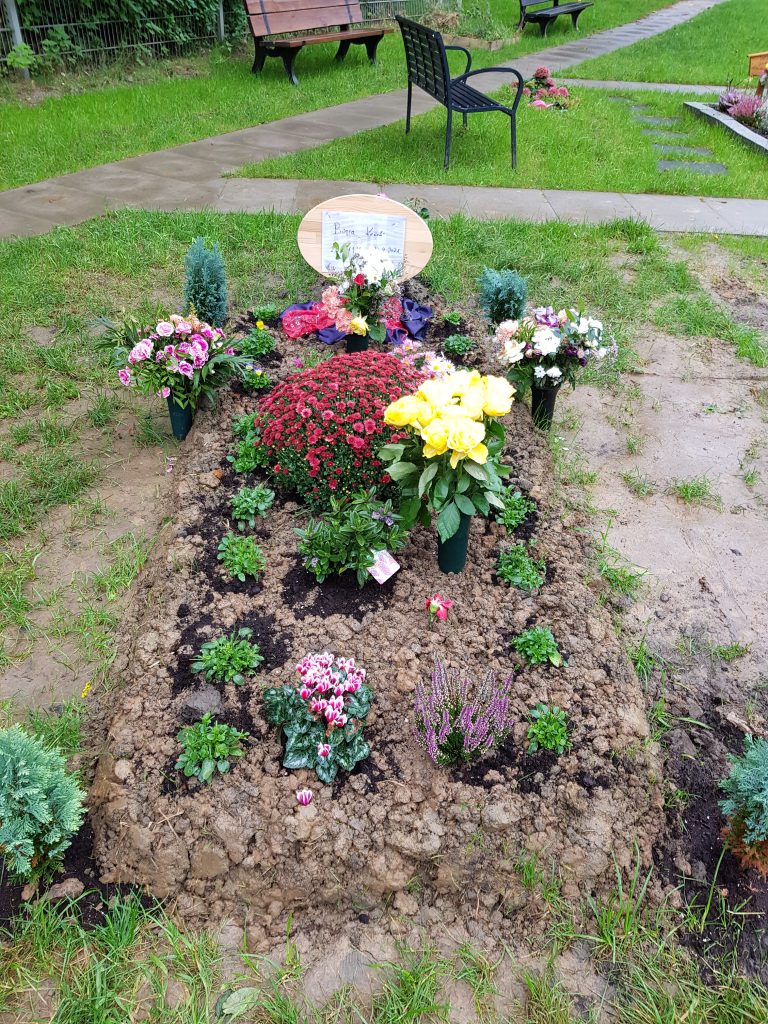Irvin Yalom describes the human being’s state of contemplating the reality of one’s death with the metaphor of a person staring barely at the sun. Applying this metaphor, Yalom means to make the point that to overcome the terror of death, every human being needs the courage to put oneself, through contemplation, in the vulnerable state of confronting the reality of one’s death and to live one’s life with the complete awareness of the fact that one day all possibilities in life will be finally narrowed down to zero.[1] Such a contemplation, according to Yalom, is usually postponed until an awakening experience, like the death of a dear one, forces one to think more deeply about one’s own death.
Two months ago, when I moved to Bonn once again after ten years to establish a new life in that city, I had one of my most interesting awakening experiences in life. Although believers in the afterlife are usually regarded as not being subject to the same existential crises as non-believers are, my awakening experience showed me that if there is one point about the meaning of death upon which both believers and non-believers would agree, it is the simple fact that after our death, life and the present state of the universe will continue the same way as they have done so far, without us having a part in them. Within the first few days after my move, focusing attention on the preserved aspects of the city’s architecture and the shops and stores which had remained unchanged within the past ten years, and extending that experience to the scope of the whole world in my imagination, I came to realize what the normal rush of life would be like without me playing any further role on the scene of the theatre of human life. The moment at which I realized the indifference of life towards my existence in the world was my moment of staring at the sun! Although I knew that I might be an irreplaceable individual for my family and my close friends, the very thought that someday they will all die, too, and any slightest trace of my existence may vanish from the scene of the earth was concomitant with a sense of absurdity.
As a strategy to find a way out of this absurdity, Irvin Yalom himself calls attention towards the idea of “rippling”, which he defines as follows:
“Rippling refers to the fact that each of us creates—often without our conscious intent or knowledge—concentric circles of influence that may affect others for years, even for generations. That is, the effect we have on other people is in turn passed on to others, much as the ripples in a pond go on and on until they’re no longer visible but continuing at a nano level”.[2]
The interesting point about Yalom’s idea of rippling is that it turns our attention from ourselves and the image or the name we might like to leave behind in the world towards our interpersonal relationships and our connection with other fellow human beings and puts the latter at the focal point of our endeavours. In the context of Islamic ethics, such an endeavour leading to the benefit or comfort of other human beings that has a lasting effect after one’s death is called bāqīyyāt al-ṣāliḥāt, which could be translated as “the enduring good deeds”. Yalom’s subtle idea of rippling made me rethink this Islamic concept in the light of the Heideggerian definition of death, that is, the impossibility of further possibility, to which Yalom refers in the development of his idea. Revisiting the concept of bāqīyyāt al-ṣāliḥāt in the existential philosophical framework, one could redefine this concept as one’s attempt of creating a further possibility in the form of a comfort or some piece of wisdom etc. that could transform the life of others while being aware of the upcoming moment where all further possibility in this life for oneself would be impossible.
[1] Yalom refers to Heidegger’s definition of death as the “impossibility of further possibility” to make his point clear. See, Yalom, Irvin D., Staring at the Sun: Overcoming the Terror of Death, San Francisco: Jossey-Bass, 2008, p.59
[2] Ibid., p.83
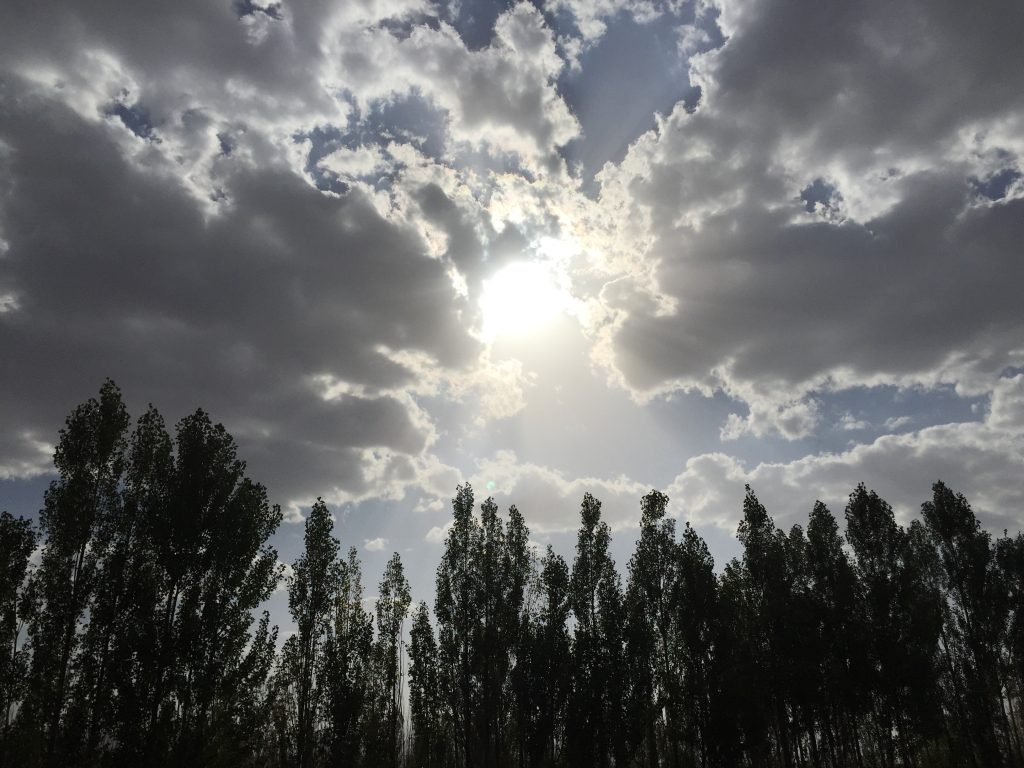
Nasrin Bani Assadi promoviert in komparativer Theologie an der Universität Bonn.
#sun #death #heidegger #possibilities
